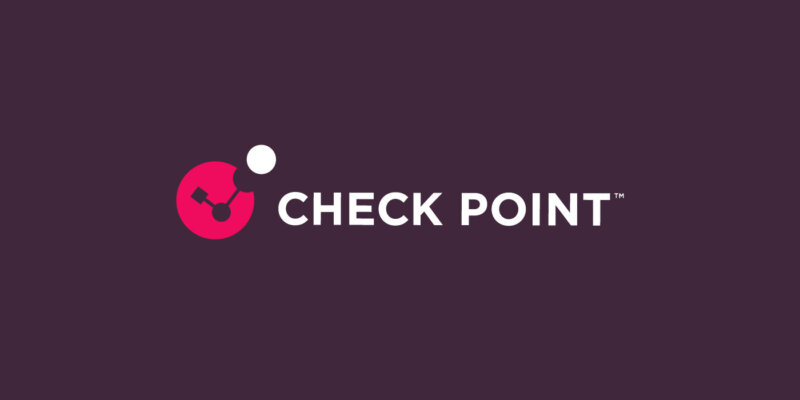The threat landscape has severely changed over the last few years, and organizations have to constantly keep up with sophisticated threats and advanced tactics of cybercriminals. With multiple tools at hackers’ disposal, new threat variants are released every day. According to Check Point’s 2015 Security Report, organizations were hit with 106 new forms of malware every hour. This wave of cybercrime has left businesses to face a range of new threats using tactical approaches, but these tools often lack integration or common management. This creates challenges for organizations and gives hackers an opportunity to leverage gaps and evade detection.
As threats continue to evolve and accelerate in frequency and complexity, companies need to take a more strategic approach to defend against them. Utilizing security layers that work together as one solution provides multiple opportunities for detection and prevention against traditional and advanced attacks. To deliver standard network protection and defend against known malware, an integrated solution must include protections like firewalls, IPS, and antivirus. Anti-bot and DDoS should be included to guard against botnets, command and control communications, and Denial of Service attacks. Ideally, the most complete approach would also include real-time threat intelligence that constantly updates and shares new threat information with security systems to allow businesses to maintain protection against newly emerging threats.
Even with these essential layers, organizations still must address the gap between when an attack leveraging a new vulnerability or unknown malware occurs and the time a new detection signature becomes available. Traditional sandboxing technologies begin to address this gap by providing protection against unknown malware by inspecting suspicious files, and running them in a virtual environment to identify abnormal behavior or malicious activity. Check Point SandBlast takes sandboxing to the next level by utilizing CPU-level capabilities to deliver an evasion-resistant solution that identifies malware at the exploit phase, providing one of the highest catch rates for unknown threats and zero-day attacks. In addition, Check Point SandBlast removes exploitable content from incoming files, reconstructs the documents, and immediately delivers them to the user without disrupting business flow.
The threat landscape is changing faster than traditional security technologies can evolve, and all organizations are at risk of becoming the next target of a cyberattack. Check Point offers an integrated and comprehensive Threat Prevention solution to fight even the most advanced threats. Our multi-layered approach to defense offers businesses detection and prevention capabilities to outsmart today’s cybercriminals.
Learn more about the evolving threat landscape and threat prevention solutions featuring Jon Oltsik, Sr. Principal Analyst for Enterprise Strategy Group. Download the solution brief and watch the replay of the webcast.
